|
|
|
|
Products mentioned in this Article
--None--
|
|
|
|
|
|
|
|
|
 |
|
|
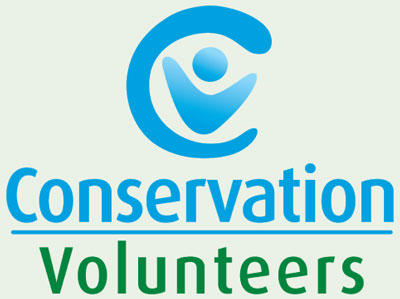
|
Volunteering at Gallipoli
by Will Mays
Earlier this year Battlefront advertised a link to the Conservation Volunteers Australia (CVA) website as CVA were looking for volunteers to work in Gallipoli, Turkey on ANZAC day. Upon seeing Battlefront place an advert for CVA volunteers for the 2011 services, I asked if I could write a short article on my experiences as a volunteer for people to read and hopefully inspire some interest in volunteering, but also as a way of thanking CVA for giving me an opportunity to go through this experience. |
The advert perked my interest as I needed a holiday and Gallipoli has
always been a place I have wanted to visit. But never on ANZAC day... The
idea of trying to pay my respects and remember the fallen in amongst
large crowds of intoxicated Aussies and Kiwi’s definitely never appealed
(and I was pleasantly surprised to find that the stories weren’t true
and the crowd is very well behaved and appropriately somber). I had
always planned on going at some other time when the peninsular was much
quieter.
Learn more on how to volunteer here...
|
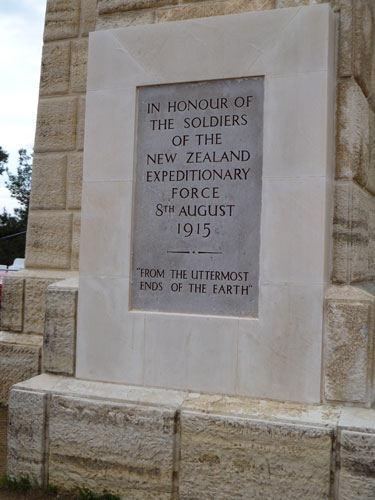 |
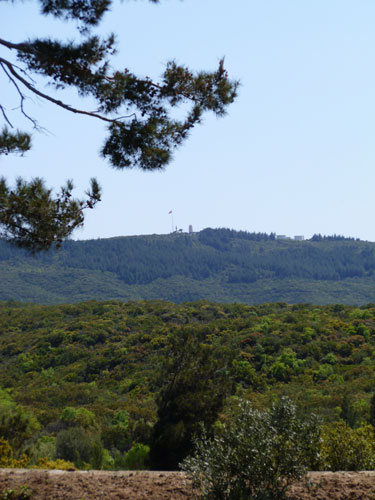 |
It’s hard to describe in words, but there was something about this though... the idea of working on ANZAC day and putting in some effort rather than just being a part of the masses felt like the right thing to do. The clincher was the fact that, as volunteers, we would get to spend about a week touring the battlefields and cemeteries including;
• A walk down from Chunuk Bair along Rhodendron ridge to the coast.
• Visits to almost all of the New Zealand and Australian cemeteries.
• Visits to the British landing beaches and to the Turkish and French cemeteries around Cape Helles.
• A short boat cruise along the Gallipoli coast line up to Suvla Bay.
|
Anyone having been to Gallipoli will attest to
the sheer scale of the terrain and the feeling of amazement you have for
what our boys in 1915 would have gone through in such an area when
landing in the early hours of 25 April 1915, along with the many other
battles and even just day to day survival.
The culmination of all this would be taking part in the ANZAC day commemoration services. |
| So what did we have to do, well not a lot really
in the scheme of things. Most people heading to Gallipoli for the
services arrived in Istanbul on the morning of 24 April and got straight
on a coach bound for Gallipoli (a 5 hour drive) only to have the
pleasure of being searched by Turkish Military Police (who speak little
to no English) prior to entry to the site. |
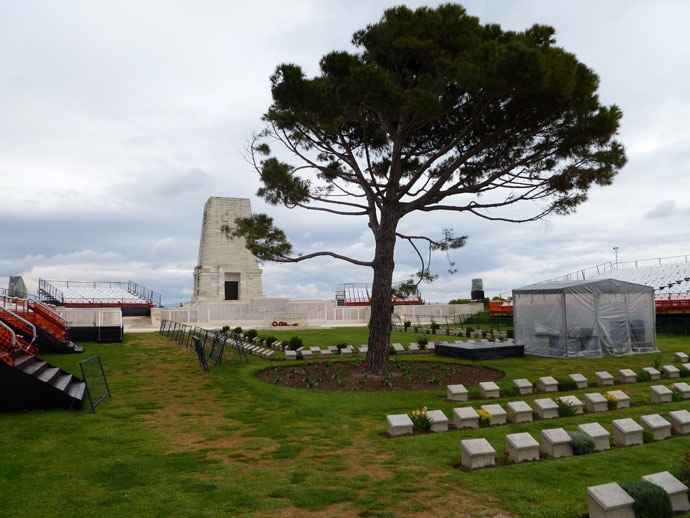 |
Then this is where we came in... a group of smiling Kiwi and Aussie accents welcoming the tired visitors to the peninsular, giving them a wristband and information pack and pointing them in the right direction. Other duties included wandering through the crowds answering questions if we could or just generally chatting to people and making them feel welcome. Some I spoke to had good stories of journeys they had to go through getting to Gallipoli in time due to a certain Icelandic volcano! The other key part was looking after the disabled or elderly (mostly Veterans or their widows) who would be attending the services (mostly just keeping them company so they had some to talk to). One of my more memorable moments of the day was talking to a Kiwi veteran from the Malay/Borneo conflict as this is a conflict I know little about. The only disappointment is, for the life of me, I can’t remember his name.
|
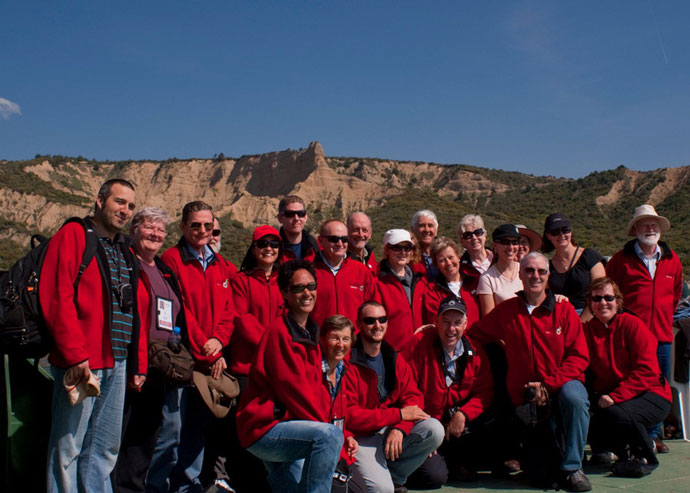 |
The picture of me is after about 28 hours with no sleep, little food and I’m freezing cold but still going strong and enjoying every moment of the experience, except for when having to use the portaloos after thousands of Turkish school children (they were there for their own countries commemorations at the Turkish 57th Battalion memorial) This was the hard part of being a volunteer. Up from around 9am on the 24 April with no chance for sleep that night as work would start as soon as the authorities were ready to open the gates right through to the services. People start entering from around early afternoon up until about 4am when the gates close. You get to work this whole time (with breaks) and it is actually easier to do than it sounds. You’re pretty busy for a lot of the time.
|
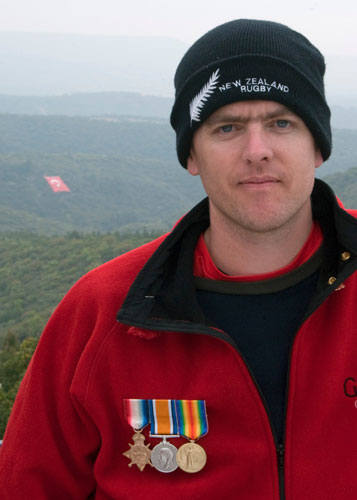
|
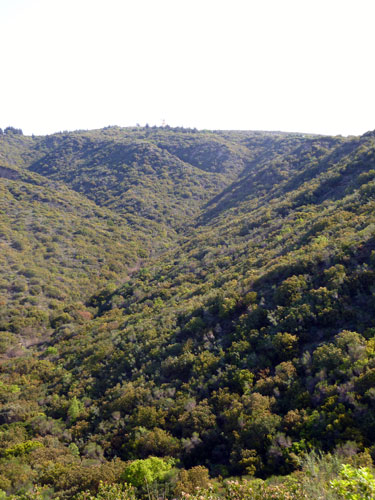 |
As dawn approached, everyone was able to have a
short rest prior to the services starting. Here everyone stopped working
to focus on the services. The main service started at about 5:30am and
was nice, but very much “buy the book”. After this service the Aussie
volunteers head to Lone Pine and the Kiwi’s to Chunuk Bair (again to
support the elderly and disabled, but also to start collecting some
surveys). These services are smaller, tend to be a little more intimate
and more moving as they are really focused on either New Zealand or
Australia. Personally I thought the New Zealand service was much better
than the main service, as I related to it more and the speeches given
were more open and emotional. |
Once the services are over (the New Zealand service finished at about 1:30pm), the working day ended and it was time to head back to a nearby hotel for a decent feed and a cold beer. After that it was back to our hotel to relax and, if possible, grab a bit of nap before dinner and an early night!
This left us with one more day in Gallipoli and then it was back to Istanbul for a short visit before the group either made the journey back home or left on for further adventures (like I did).
|
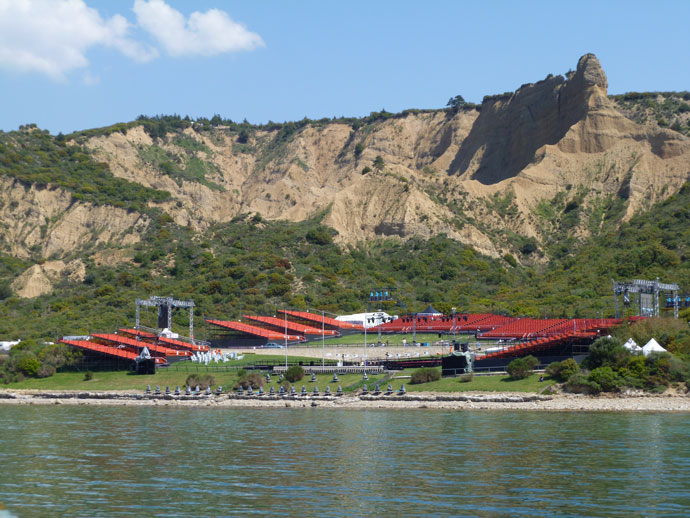 |
As for the group itself (I’ll get in trouble for saying this), I was worried that I would be a young fella stuck with a bunch of old Aussies (and for the most part I was!) Once the full group had assembled there was a good mix of people and as for the old people, well a number of them drank me under the table and a night watching a few of the group try shisha is a night that still makes me laugh. The group was great value and great company. Most of us had never been to Turkey before and we were all there for one reason and, really (it may sound a little clichéd), because of that common ground, the ANZAC spirit simply shone through giving a great spirit of camaraderie amongst the team even though we were all from different age groups, backgrounds or places.
|
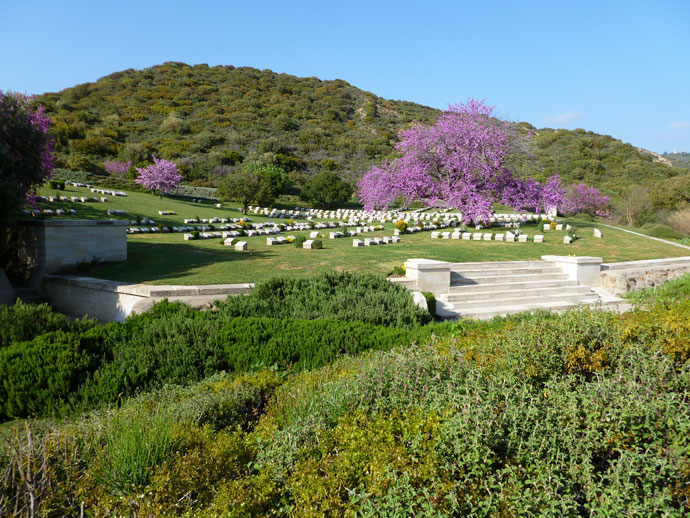 |
Conservation Volunteers had an excellent team on hand to lead us to provide a memorable experience. The
leaders had experience on the Gallipoli peninsula and structured a program that was interesting and enriching.
The team wouldn’t have been complete without Enis Koksaldi, your local Turkish translator. If you do volunteer,
look after Enis. You won’t realise how much he is doing behind the scenes with hotels/officials etc to ensure a
trouble free trip.
|
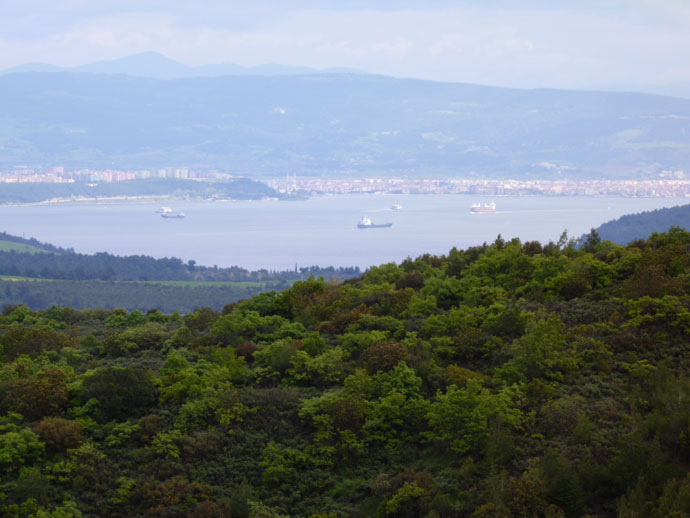 |
You don’t have to have a passion for history or a family connection to Gallipoli to get the most out of the visit, just a desire to remember and perhaps understand a little about a period that really forged our nations is enough. Anything on top of that is a bonus. I did have a family connection to Gallipoli, but one thing Garry organised to bring it all a little closer to home, was he went through the graves records to find each of us the details of a soldier who was buried at Gallipoli or on one of the memorials. The person he picked would someone who we could relate to in some way (i.e. perhaps coming from the same small town, born around the day or being a similar age when killed) for us to find and then remember. This personalised some of the tragedy of the battles for each of us.
|
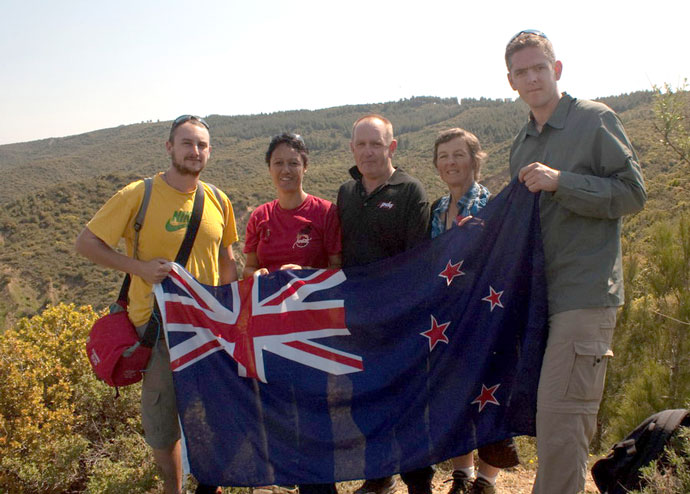 |
|
If you’ve ever wanted to go
to Gallipoli then this is a great way to do it as the extra time visiting the
region along with working on ANZAC day is a very rewarding experience. It just
gives something more and, as they say in the ad, it is one of those once in a
lifetime experiences. If you are interested, then touch base with CVA as I’m
sure they’re happy to answer any questions you may have. You definitely won’t
regret it.
|
Now I do have some good news and bad news as I contacted CVA about this article prior to submitting it to Battlefront…. The bad news is for the Aussies, unfortunately the spaces available for the 2011 team have already been filled, so keep an eye for 2012. The good news is for us Kiwi’s as there are still spaces available for team members from NZ, so please contact CVA if you are interested or pass on the details to someone who you think may be interested. It would be good to see more Kiwi’s involved in team.
|
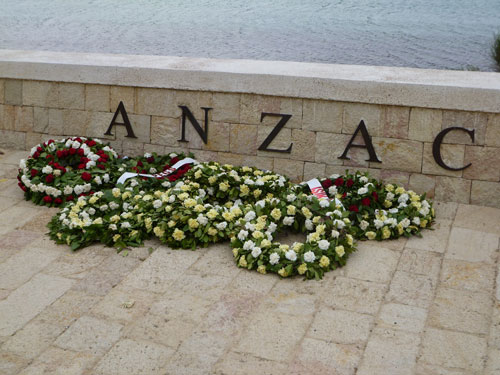 |
The medals I am wearing are my Great-grandfathers WW1 service medals. Horace Hamilton Dyason (regimental number 3/243) enlisted on 18th August 1914 (but was a conscientious objector). He served in the NZ Medical Corp with ‘B’ section, Field Ambulance and embarked with the NZEF for the Dardanelles. We don’t know when he landed, but on 30th August 1915, he was evacuated from the peninsular. His casualty records are hard to read, but the family history states that this was as a psychological casualty.
|
The reminder of his service record is hard to follow/decipher, but it looks like he was with forces involved in the Sinai campaign in February 1915 prior to Gallipoli, then after being evacuated in August he eventually returned to his unit that was stationed in Tel el-Kebir, Egypt. After a period he was given leave to go to England, but something happened (we think a further nervous breakdown or illness) and he was hospitalised in Walton-upon-Thames (but he did manage to meet his future wife amongst the nurses!). He seems to have remained in England attached to units as a cook after this illness, but may have returned to the NZEF in France, although we’re not sure of this. He was discharged from the services on 28th April 1919 and went to be heavily involved in the New Zealand Railways. He passed away aged 85 years on 26th August 1979 (about 9 months after I was born).
|
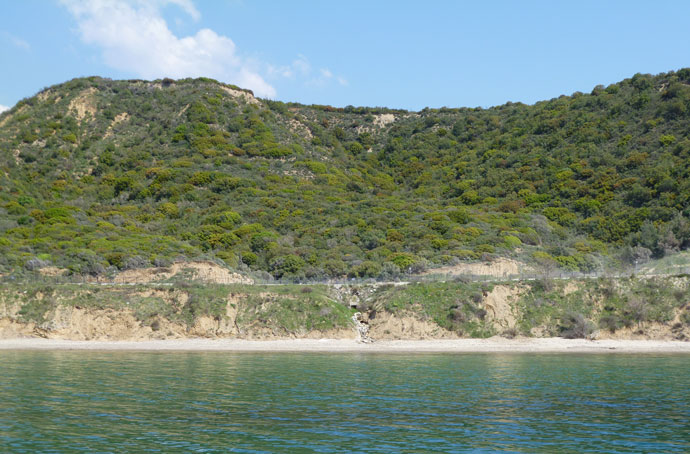 |
They shall not grow old, as we that are left grow old:
Age shall not weary them, not the years condemn.
At the going down of the sun and in the morning
We will remember them
We will remember them
|
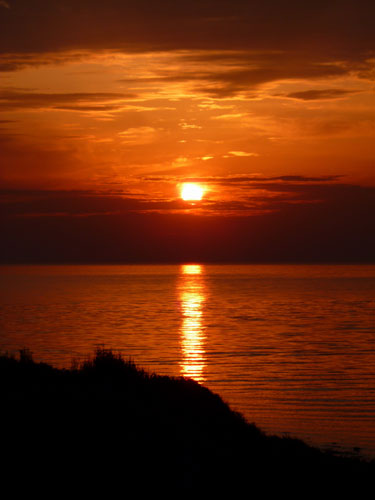 |
Last Updated On Thursday, November 3, 2011 by Blake at Battlefront
|
|
|